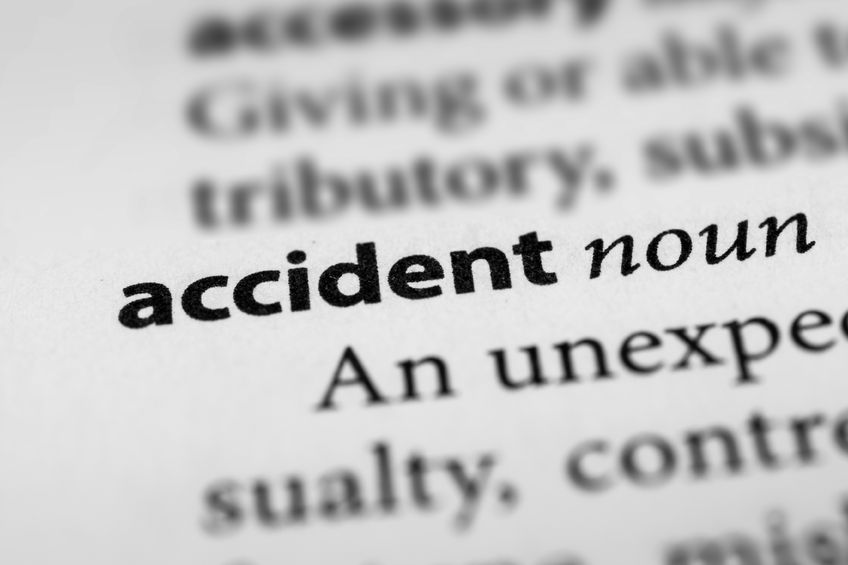You just got a health insurance cancellation letter. Now what?

You’re aware of how important it is to have health insurance. So when you get a cancellation letter (sometimes called a “non-renewal” notice) from your insurance company, it’s understandable if you panic. However, that doesn’t need to be the case. Read on to see what you can do in this situation:
See if the letter was sent in error
It’s possible that your cancellation letter was sent by mistake. In general, under the Affordable Care Act, your insurer can’t cancel your policy, except under specific circumstances.
Know that you have time
It is rare indeed that an insurer sends a cancellation letter and revokes your coverage the next day. Typically, these letters will state exactly when your coverage ends (anywhere from 30 to 180 days from the date on the letter). That gives you enough time to choose new coverage so that you don’t have any gaps.
Check if a new plan is offered
If your plan is being cancelled because the insurer is no longer offering it to the public, that insurer may help you choose a new one. Often, cancellation letters are accompanied by a suggestion regarding the most comparable plan the insurer does offer. It’s up to you whether you want to join this plan or not.
In the event of receiving an insurance cancellation letter or non-renewal notice, don’t panic. Turn to an expert who can help you navigate the health insurance world and you’ll sleep a little easier. (303) 663-9991













 You do your best to keep yourself healthy – and keep your health insurance costs as low as possible. Well, it turns out that your insurance company may want exactly the same thing! That’s why many of them offer “wellness programs,” which are often collections of incentives to help you feeling your best.
You do your best to keep yourself healthy – and keep your health insurance costs as low as possible. Well, it turns out that your insurance company may want exactly the same thing! That’s why many of them offer “wellness programs,” which are often collections of incentives to help you feeling your best.


 Whether it be how they read their news or how they work, Millennials do things their own way. And the way they maintain their health is no exception.
Whether it be how they read their news or how they work, Millennials do things their own way. And the way they maintain their health is no exception.
